Special Issue
-
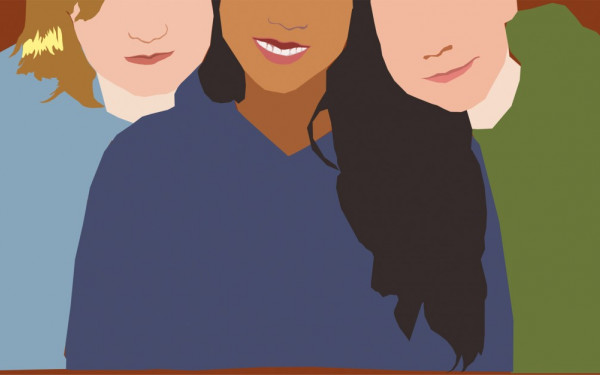 Special Issue
Special IssueChoosing Sides
Now, more than ever, mixed-race families are a celebration of diversity and multicultural acceptance—but what happens when you are the odd one out in a sea of white faces?
-
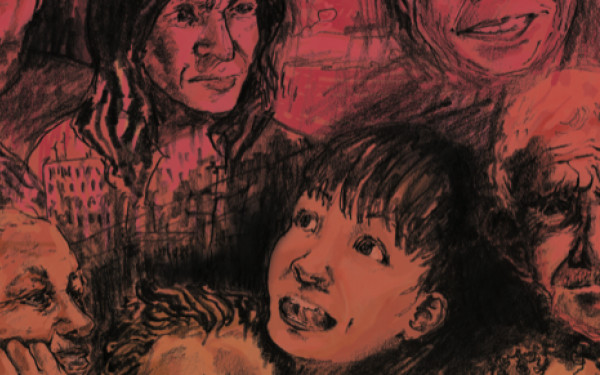 Special Issue
Special IssueThe Race Issue
The 2016 Race Special Issue brings to light narratives of people of colour that are too often under-represented in the media.
-
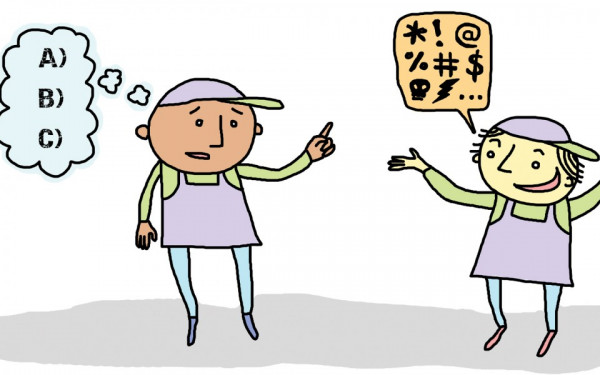 Special Issue
Special IssueWhat’d They Just Say?
An introspective look on how to deal with casual racism in the workplace.
-
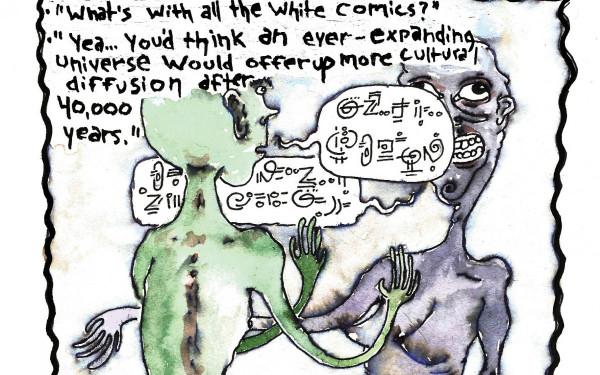 Special Issue
Special IssueTale of Two Spideys
Marvel Studios recently struck a deal with Sony Pictures to bring us another damn Spider-Man movie.
-
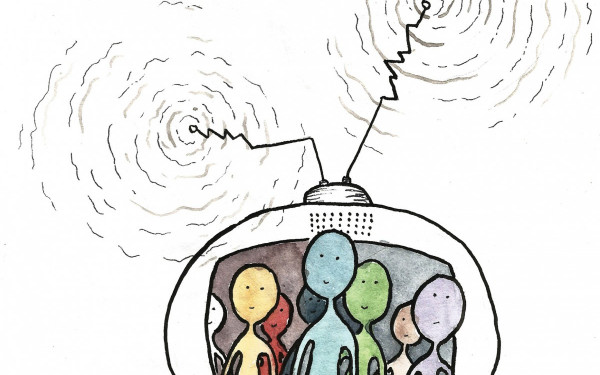 Special Issue
Special IssueWhere Am I?
Taking a critical look at the dominant white cast in Quebec French TV shows.
-
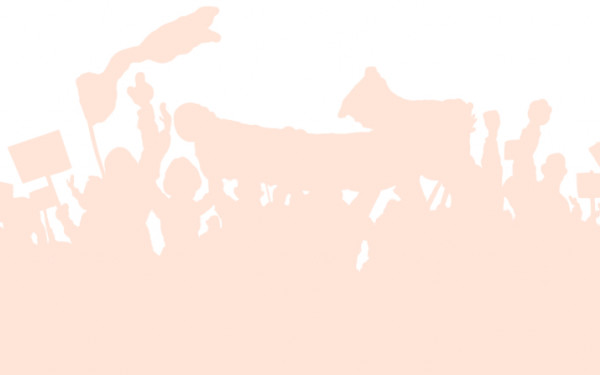 Special Issue
Special IssueThe SPVM Violently Suppressed My Media RIghts
Screaming like a possessed man is not the type of behaviour one expects from a trained police officer—then again, I’ve never interacted with a rogue undercover cop before.
-
 Special Issue
Special IssueSocial Media, Youth Street Gangs, and Law Enforcement Surveillance
In 2015, 1,177 people were killed by police in the U.S., according to a report by the National Post. Other organizations have reported varying numbers, and all have been alarming.
-
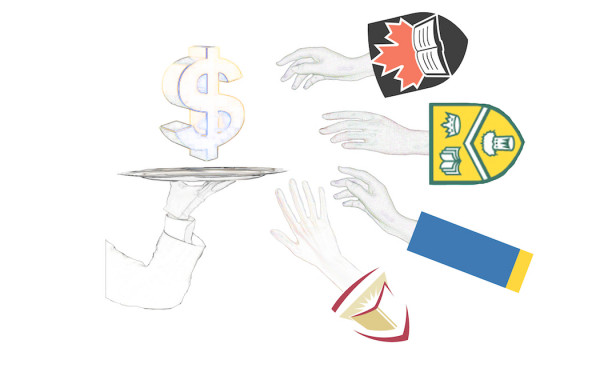 Special Issue
Special IssueWill Big Name Donors Change Concordia’s Journalism School?
In early December, Concordia’s Journalism Department announced Sportsnet’s $650,000 donation in scholarships and awards, the biggest in the program’s history.
-
 Special Issue
Special IssueTaking the Pulse or Inducing It?
What is imperfect in Canadian democracy? One answer—and yes, the flaws are many—often passes unnoticed, yet it holds tremendous influence in how we decide to cast our ballots come election day: opinion polls.
-
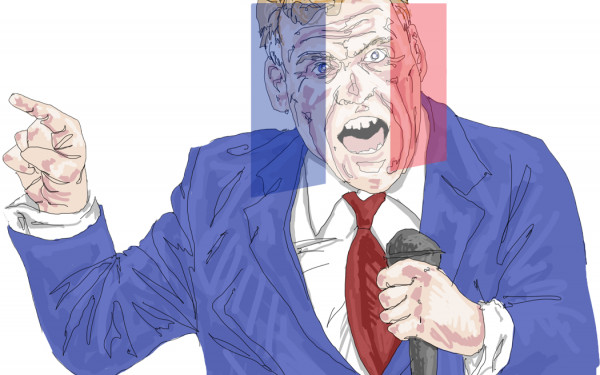 Special Issue
Special IssueMedia Sensationalism in Response to Terrorism
Less than a year since the attacks on the offices of the French satirical weekly Charlie Hebdo shocked the world, Paris was struck again by suicide bombers and gunmen.



_600_832_s.png)
